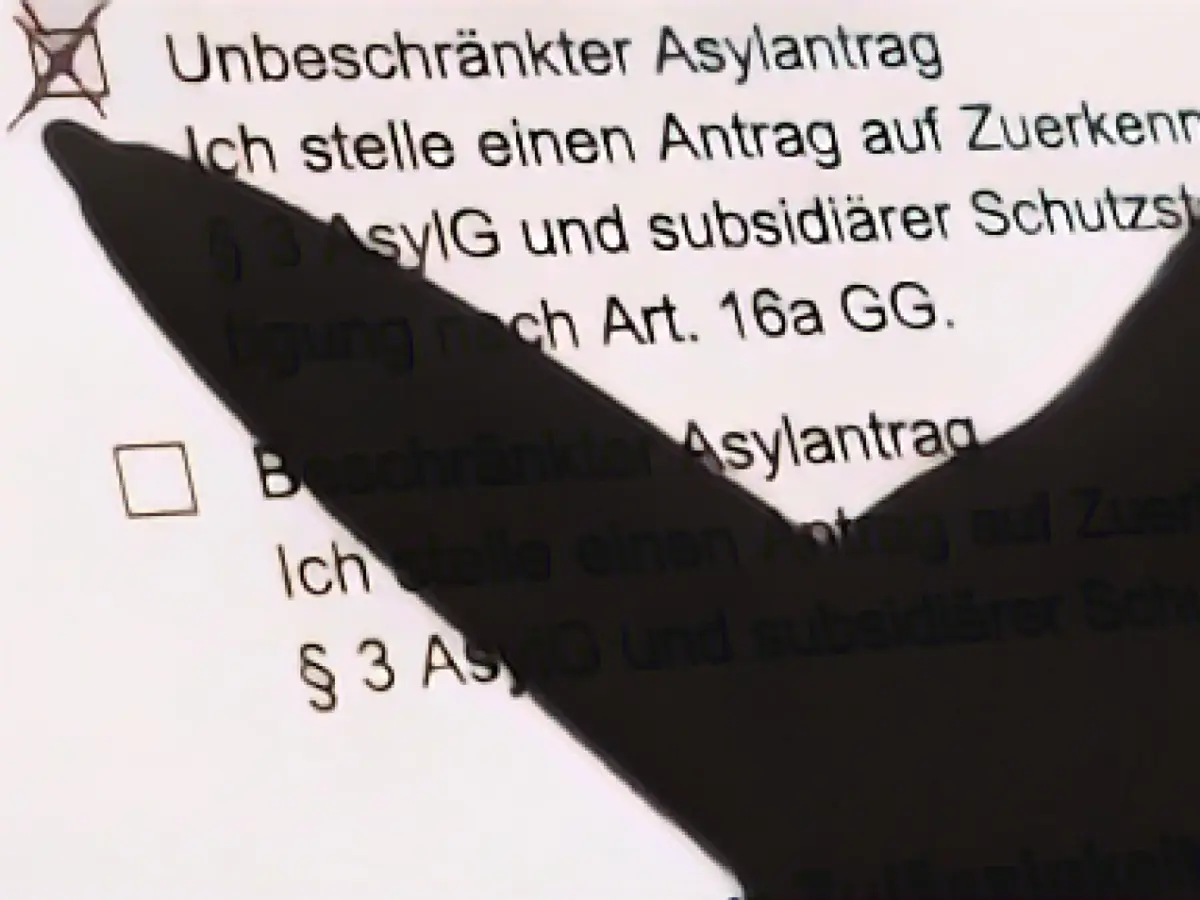Migration - Refugee costs in MV up by a third
The costs for refugees and asylum seekers in Mecklenburg-Vorpommern rose by a third to almost 120 million euros last year compared to 2021. This is according to the state government's response to a minor question from the AfD parliamentary group in the state parliament. The state reimburses the municipalities for the costs in accordance with the Refugee Reception Act.
One reason for the increase is the movement of refugees from Ukraine after Russia invaded the country in February 2022. The state government has not yet been able to provide any figures for 2023. According to its migration policy spokesperson Jan-Phillip Tadsen, the AfD assumes that costs will continue to rise.
He called for the influx to be curbed with the help of effective border protection. Otherwise there was a risk of distribution battles, also in view of the housing shortage. Federal Interior Minister Nancy Faeser (SPD) recently extended the border controls introduced in mid-October at the borders with Poland, the Czech Republic and Switzerland until December 15. Border controls are not actually planned within the Schengen area. They must be reported to Brussels.
According to the Federal Police, the measure is having an effect. Fewer people have entered the country illegally since then and suspected smugglers have been caught, according to reports from Brandenburg, for example.
Read also:
- The increasing 'refugee costs' in Mecklenburg-Vorpommern, which reached nearly 120 million euros in 2022, are a significant burden on the state's 'finances'.
- The right-wing 'AfD' parliamentary group in the state parliament criticizes the rising costs and calls for more effective 'border protection' to curb the influx of refugees.
- The 'Heavy' financial burden of accommodating refugees and asylum seekers, coupled with a housing shortage, has sparked concerns about potential 'distribution battles' among municipalities.
- Germany, specifically Mecklenburg-Vorpommern, has witnessed an increase in refugee influx following the invasion of Ukraine in February 2022, straining the country's 'migration' policies and resources.
Source: www.stern.de








